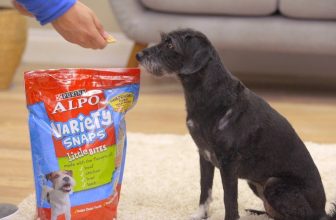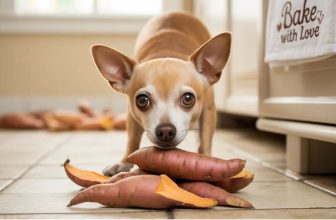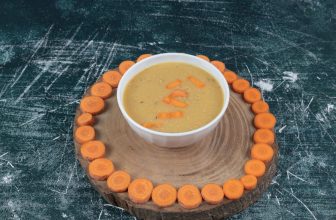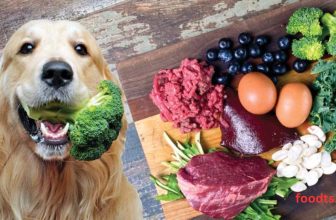What Foods Can Dogs Eat? Best Vet-Approved Guide
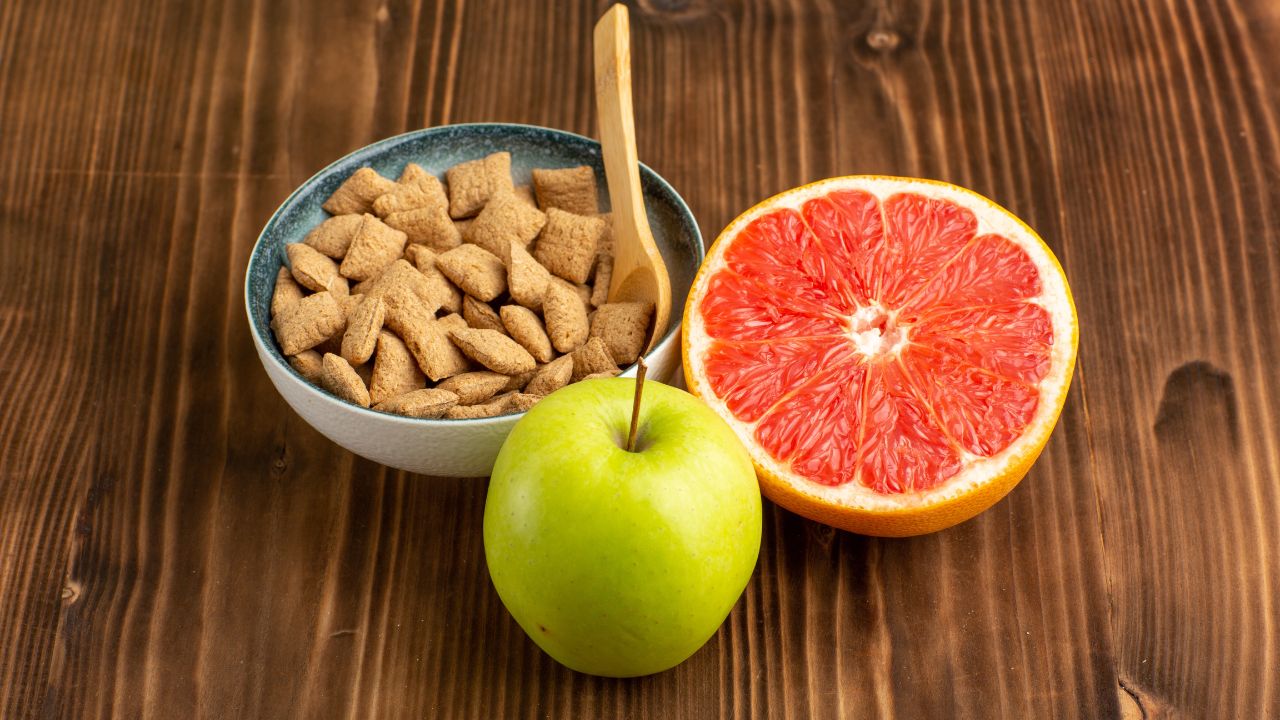
What Foods Can Dogs Eat: Feeding your dog the right food is one of the most critical aspects of pet care. A balanced diet keeps your dog healthy, energetic, and happy. But with so much conflicting information, knowing what human foods are safe for dogs can be confusing. Some foods offer significant nutritional benefits, while others can be harmful or even toxic. In this guide, I’ll explain everything you need to know about what foods dogs can eat and what to avoid.
Safe and Healthy Foods for Dogs
Dogs can enjoy a variety of human foods, but moderation and balance are key. Let’s look at the best options.
Fruits Dogs Can Eat (With Benefits & Risks)
Fruits provide vitamins, fiber, and antioxidants. However, some contain harmful substances. Here are safe options:
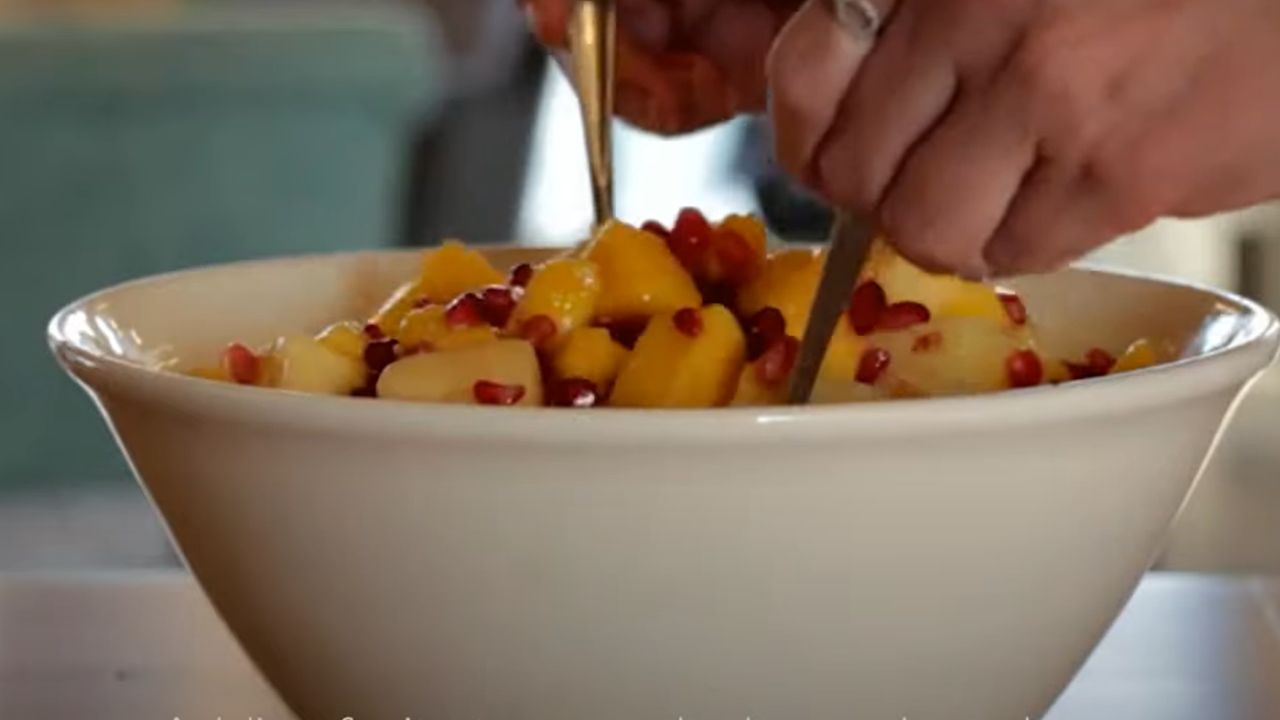
- Apples: Rich in vitamins A and C; remove seeds and core. Supports digestion and promotes dental health.
- Blueberries: Packed with antioxidants for brain health. Helps in reducing inflammation and supports the immune system.
- Bananas: High in potassium and great for digestion. Good for muscle function but should be given in moderation due to its sugar content.
- Watermelon: Hydrating and safe (avoid seeds and rind). Contains vitamins A, C, and B6, which support immune function.
- Strawberries: Loaded with vitamin C and fiber. Helps with skin health and provides antioxidants for overall well-being.
- Oranges: Contains vitamin C and fiber, but due to acidity, served in small amounts.
- Cranberries: Beneficial for urinary tract health, but should be given in moderation due to tartness.
Fruits to Avoid:
- Grapes & Raisins: Highly toxic, and can cause kidney failure.
- Cherries: Contains cyanide, which is harmful to dogs.
- Persimmons: May cause digestive blockages due to seeds.
- Citrus Peels: Can be irritating to the stomach.
Vegetables That Are Safe for Dogs
Vegetables are a great source of fiber and essential nutrients.
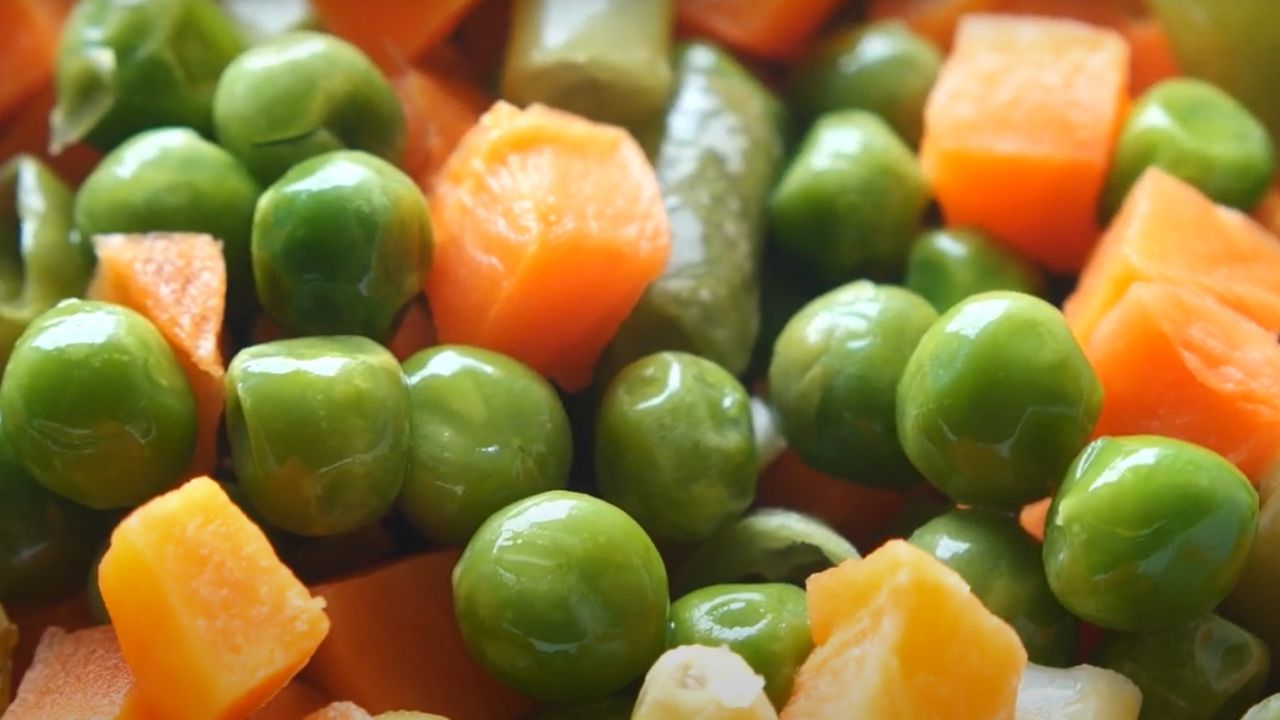
- Carrots: Excellent for dental health and rich in vitamin A. Helps maintain good vision and promote a healthy immune system.
- Green beans: Low-calorie and full of fiber. A great treat for weight management.
- Sweet potatoes: Great for digestion and rich in beta-carotene. Supports skin and coat health.
- Pumpkin: Helps with digestion and supports a healthy coat. Also useful for regulating bowel movements.
- Broccoli: Safe in small amounts, high in fiber. Contains antioxidants that help with overall health.
- Spinach: Provides iron and vitamins but should be given in moderation due to oxalates, which may interfere with calcium absorption.
- Zucchini: Low in calories and packed with nutrients like potassium and vitamin C.
- Celery: Contains antioxidants and supports heart health.
Vegetables to Avoid:
- Onions, Garlic, Leeks, and Chives: Can damage red blood cells and cause anemia.
- Raw Potatoes: Contain solanine, which is toxic to dogs in large amounts.
- Mushrooms (Wild Varieties): Some varieties can be toxic and cause neurological issues.
- Tomato Leaves and Stems: Contain solanine, which can be harmful if consumed in large quantities.
Protein-Rich Foods for Dogs
Protein is crucial for muscle growth, energy, and overall health. Here are some of the best protein sources for dogs:
Eggs – A Superfood Protein
Cooked eggs are a high-quality protein source packed with essential amino acids, vitamins, and minerals.
- Benefits: Supports muscle growth, boosts coat health, and improves digestion.
- How to Serve: Scrambled or boiled (without seasoning). Avoid raw eggs due to salmonella risk.
Chicken & Turkey – Lean and Nutritious
Lean poultry is an excellent source of protein and essential nutrients.

- Benefits: Supports muscle maintenance, and provides omega-6 fatty acids for a healthy coat.
- How to Serve: Boneless, skinless, and cooked (steamed, grilled, or boiled). Avoid fried or seasoned poultry.
Beef & Pork – Iron and Protein-Rich
Red meat provides high-quality protein, iron, and essential vitamins.
- Benefits: Helps in red blood cell production, and supports energy levels.
- How to Serve: Cooked, lean cuts with no added fats or seasonings. Avoid fatty cuts and processed meats.
Fish – Omega-3 Powerhouse
Certain fish like salmon, sardines, and whitefish offer protein and essential omega-3 fatty acids.
- Benefits: Supports heart health, boosts immune function, and improves coat quality.
- How to Serve: Cooked (steamed or grilled) and boneless. Avoid raw fish and excessive mercury-rich fish like tuna.
Can Dogs Eat Dairy?
Some dogs tolerate dairy well, while others may be lactose intolerant.
Cheese
Low-fat cheeses like mozzarella and cottage cheese are generally safe in small amounts.
Yogurt
Plain, unsweetened yogurt with probiotics supports digestion.
Dog-Safe Grains & Carbs
Whole grains provide fiber and energy.

- Rice: Easy to digest, often used for upset stomachs.
- Oatmeal: Great for dogs with wheat allergies.
- Bread: Plain, whole-grain bread is safe in moderation.
- Corn: Found in many dog foods; ensure it’s fully cooked.
Healthy Snacks & Treats
Peanut Butter
A favorite treat, but avoid brands with xylitol, which is toxic.
Popcorn
Plain, air-popped popcorn is safe but avoid butter and salt.
Foods That Are Toxic to Dogs (Avoid These!)
Chocolate & Caffeine
Both contain theobromine, which is toxic to dogs and can cause heart problems.
Grapes, Raisins & Currants
Can cause sudden kidney failure.
Onions, Garlic, Chives & Leeks
Damage of red blood cells can lead to anemia.
Avocado
Contains persin, which is toxic to dogs in large amounts.
Macadamia Nuts
Cause weakness, vomiting, and tremors.
Alcohol & Raw Dough
Both can cause poisoning and serious digestive issues.
Xylitol (Found in Sugar-Free Products)
Even small amounts can lead to dangerous blood sugar drops and liver failure.
Fatty & Salty Foods
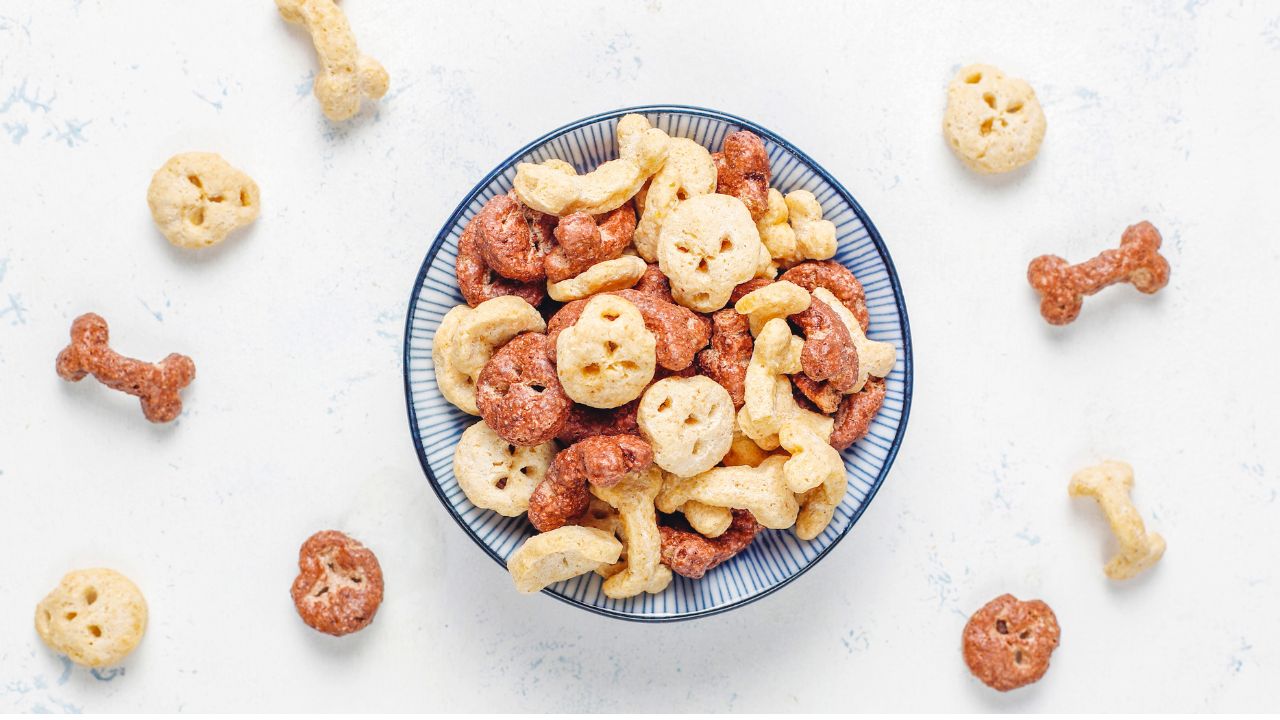
Can lead to obesity, pancreatitis, and high blood pressure.
Raw or Undercooked Meat & Eggs
May contain bacteria like Salmonella and E. coli.
Green Tomatoes & Unripe Potatoes
Contains solanine, which is toxic in large amounts.
Frequently Asked Questions: What Foods Can Dogs Eat
Q1: Can dogs eat bananas?
A1: Yes, in moderation. Bananas provide potassium, vitamins, and fiber but should be given sparingly due to their high sugar content.
Q2: Can dogs eat dairy or cheese?
A2: Some dogs tolerate dairy well, but others may experience digestive upset. Stick to small amounts of low-fat cheese or yogurt.
Q3: What vegetables are good for dogs?
A3: Carrots, green beans, sweet potatoes, and zucchini are great options.
Q4: How much chocolate is dangerous for a dog?
A4: Even small amounts can be toxic. Dark chocolate is the most dangerous.
Q5: Can dogs eat cooked meat?
A5: Yes, plain cooked meat without seasoning, bones, or fat is safe for dogs.



